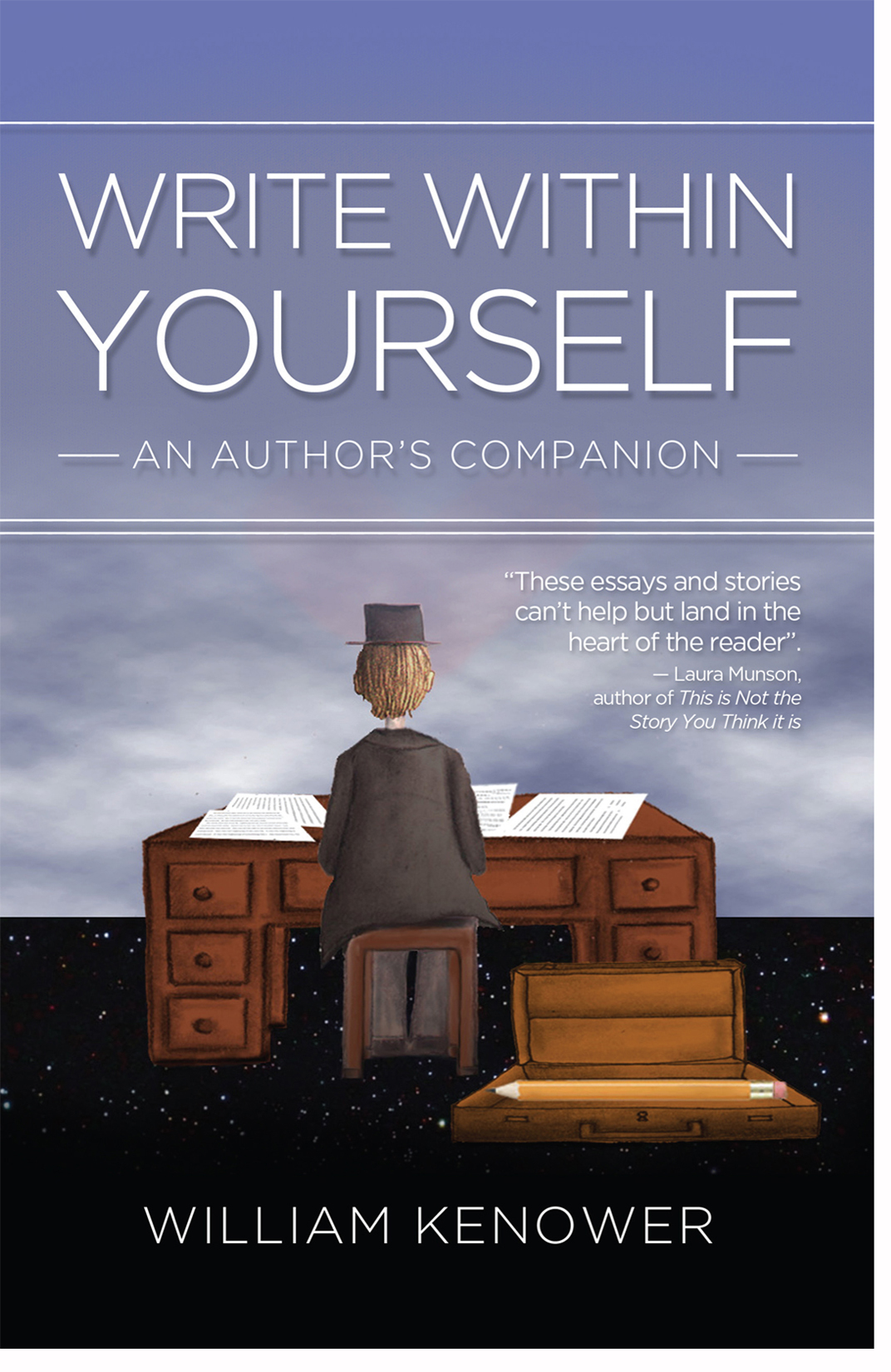A Writer's Best Question: What Next?
Music was a big part of my life growing up. Though I would come to love classical music as a teenager and young adult, my first love was popular music. I was particularly interested in those musicians who wrote and performed their own songs. Though I didn’t know it at the time, these were my first artistic mentors. Unlike the authors I read, whose words I heard in my own voice, I was more aware of the musicians as actual living people, since it was always their voices I heard. As a result, I loosely followed the musicians’ careers. For instance, my first memory of a newspaper is of a headline announcing that the Beatles had broken up. I got curious about how different bands’ music evolved – or didn’t – from album to album. I noticed how flat an album felt if the songs were too much like those from the album that preceded it. Or, if an album seemed very different, I would return to the previous one to see if I could find those songs that seemed to presage where the band was headed creatively. Why, I would sometimes wonder, did the songwriter go this way instead of that way?
With all this observation I began to notice a pattern that, for a budding artist, seemed somewhat ominous. Often a bands’ first album would be exciting, and original, and full of fresh energy. Then the second and third albums would come along and things would sort of flat-line. It seemed like the first albums were fueled by the question: “Can we make it?” Then, once that question had been answered, the songwriters were unsure which new question to ask.
Every artist has to contend with this challenge. “Can I make it?” is a fantastically compelling question. To ask that single question is to simultaneously ask questions about equality, and originality, and value, and voice, and your place in the creative world. There is no way to empirically answer that question until you have tried to make it. Every artist must go forward from the same anonymity to find their readers, their listeners, their viewers.
But the only way to really answer the question, “Can I make it?” is if you’ve always known the answer was yes. You may need some evidence to back this up, but you will never find your readers until you acknowledge you don’t require their recognition to know the value of what you have to share. Which is why, to sustain our work, we will always need some question other than “Am I good enough? Can I make it?”
As a young music fan, I had already identified the better question when I sought the trail of my favorite bands’ evolution, which is, “What next?” If I’m good enough, or talented enough, or smart enough – whatever any of that means – what next? That remains the most compelling question I can ever ask myself, though it often feels so ordinary. Anyone can ask that question, after all. Everyone on earth is asking, “What next?” whether they know it or not.
Yet the moment I decide that this everyday question is actually more important, more valuable, and more sustaining than any other, I return to the source of my creative power. That source has never cared about how many readers I have, or what the critics think, or how big my advances are. Its only interest is the next story, the next scene, the next sentence. It can see nothing else. My job as a writer is to remember that that’s all I need to see as well.
Write Within Yourself: An Author's Companion.
"A book to keep nearby whenever your writer's spirit needs feeding." Deb Caletti.
You can find William at: williamkenower.com


